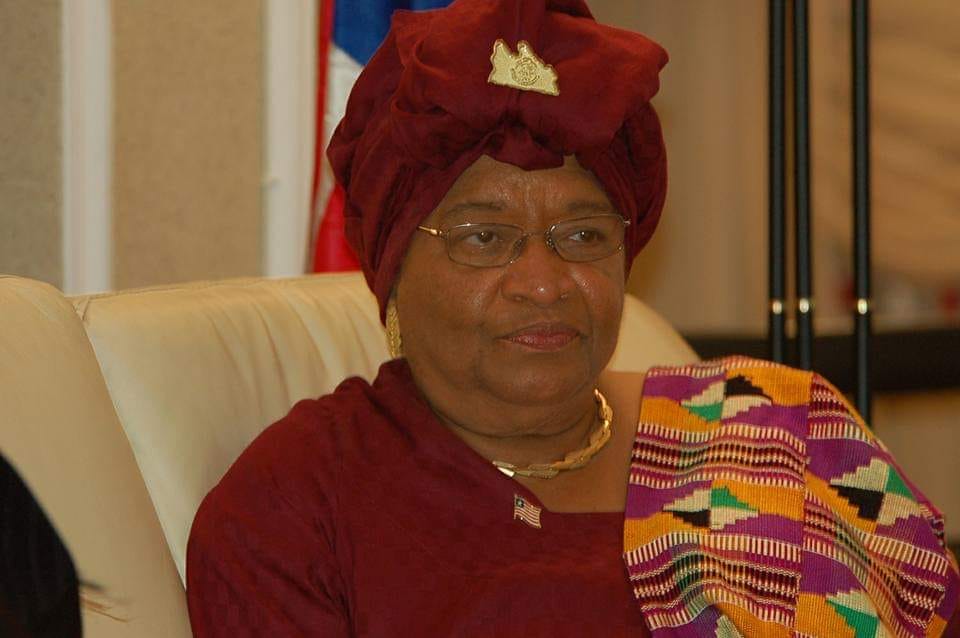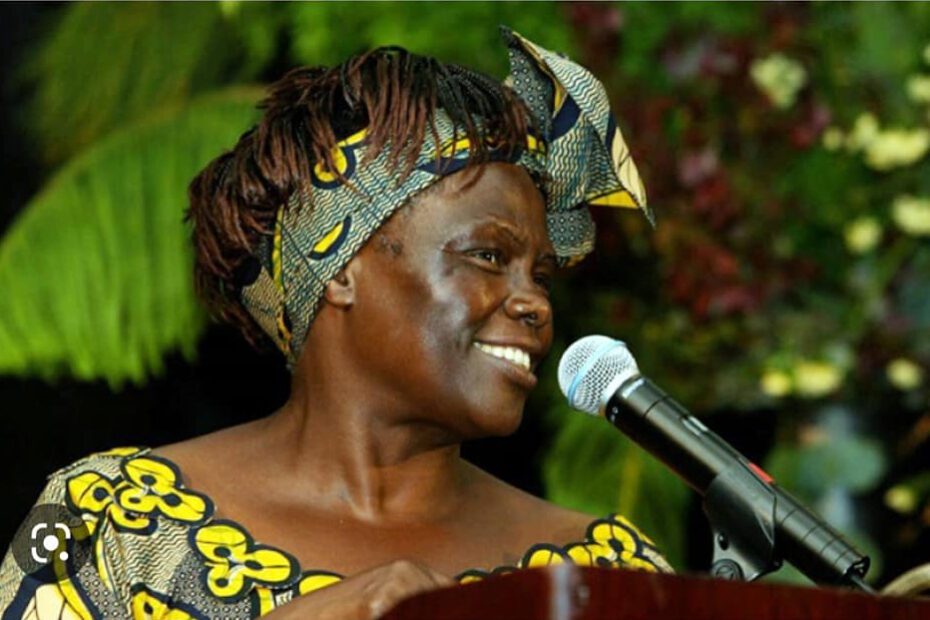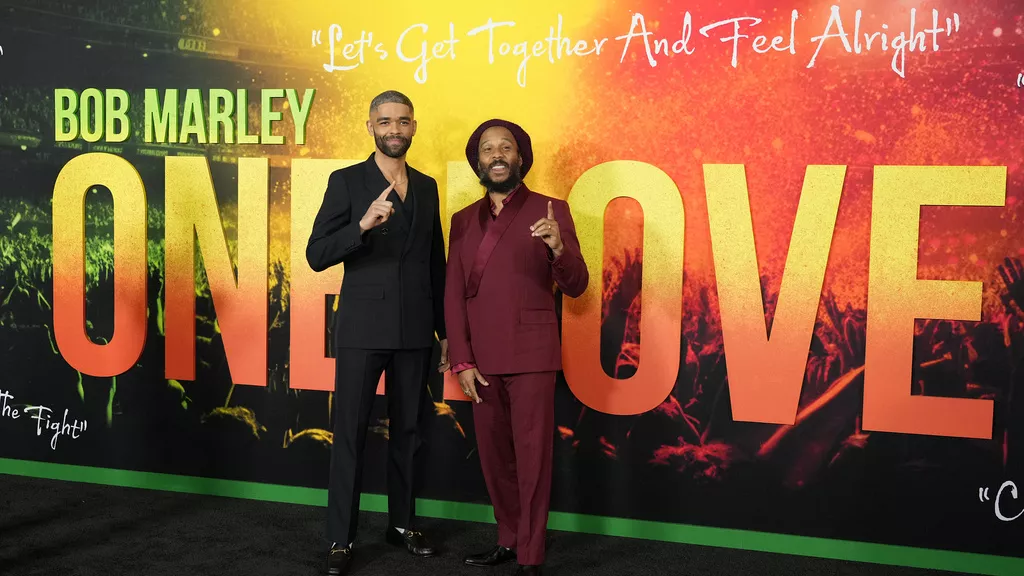In the landscape of history, there exist remarkable individuals whose contributions exceed boundaries, challenge norms, and inspire change. Among these, are famous African women who, through their resilience, intellect, and courage, removed ceilings and paved the way for generations to come.
Wangari Maathai: Nurturing Earth, Cultivating Change
Born in Kenya in 1940, Wangari Maathai emerged as a beacon of environmental activism and social change. Her fighting spirit led her to found the Green Belt Movement in 1977. The initiative countered deforestation and environmental degradation while empowering women in rural areas through tree planting.
Maathai understood the intrinsic connection between environmental sustainability and societal progress. Her movement not only planted trees but also sowed seeds of empowerment for countless women. Through her relentless efforts, over 30 million trees were planted, encouraging hope for a greener, more equitable future.
In 2004, Maathai received global acclaim as the first African woman to be awarded the Nobel Peace Prize. Her recognition wasn’t solely for ecological work but also for advocating democracy, human rights, and women’s equality. Maathai’s legacy remains a testament to the power of grassroots movements and the immense impact individuals can have in nurturing positive change. A true leader among the Famous African Women
Chimamanda Ngozi Adichie: Crafting Narratives, Redefining Feminism

Nigerian author Chimamanda Ngozi Adichie has wielded the pen as a weapon for societal transformation. Moreover, her literary works, including “Purple Hibiscus,” “Half of a Yellow Sun,” and “Americanah,” have captured the essence of African experiences while connecting with global audiences.
Beyond storytelling, Adichie is an outspoken advocate for gender equality. Her TED Talk, “We Should All Be Feminists,” became a catalyst for discussions on feminism.
She encouraged both women and men to challenge societal constructs that promote inequality. Adichie’s powerful voice and strong stance have ignited a fervor for inclusivity and empowerment, redefining feminism for a new generation.
Through her writings and public engagements, Adichie continues to end stereotypes and amplify marginalized voices, showing the belief that storytelling is a potent instrument for societal change.
Ellen Johnson Sirleaf: Pioneering Leadership, Championing Progress

Liberia’s Ellen Johnson Sirleaf etched her name in history as the first elected female head of state in Africa. Amidst political instability and social unrest, Sirleaf emerged as a beacon of hope, leading her nation towards stability and progress.
Her ascent to power marked a pivotal moment for African women, showcasing that leadership knows no gender. Sirleaf’s presidency, from 2006 to 2018, focused on rebuilding a war-torn nation, encouraging reconciliation, and advocating for women’s rights. Her leadership style, includes resilience, and fairness, leading to international respect and admiration, ranking her among the Famous African Women.
In 2011, Sirleaf was honored with the Nobel Peace Prize for her increased efforts in promoting peace and empowering women. Her tenure set a precedent, showing the transformative potential of female leadership in reshaping nations and inspiring future leaders across the globe.
Conclusion
The narratives of Wangari Maathai, Chimamanda Ngozi Adichie, and Ellen Johnson Sirleaf echo the success of resilience, intellect, and determination. The Famous African Women defeated societal barriers, championing causes that go beyond their time and place.
Their legacies serve as guiding lights, shining paths for future generations to forge ahead, challenge norms, and pursue change. Through their environmental activism, literary prowess, and political leadership, these efforts have carved great marks in history, inspiring a legacy of empowerment, equality, and progress.
As we celebrate these iconic figures, let us heed their call to action, accepting that progress knows no boundaries and that each individual possesses the power to effect transformative change. Through these stories, we find not just inspiration but a roadmap for a more inclusive, equitable, and empowered world.



